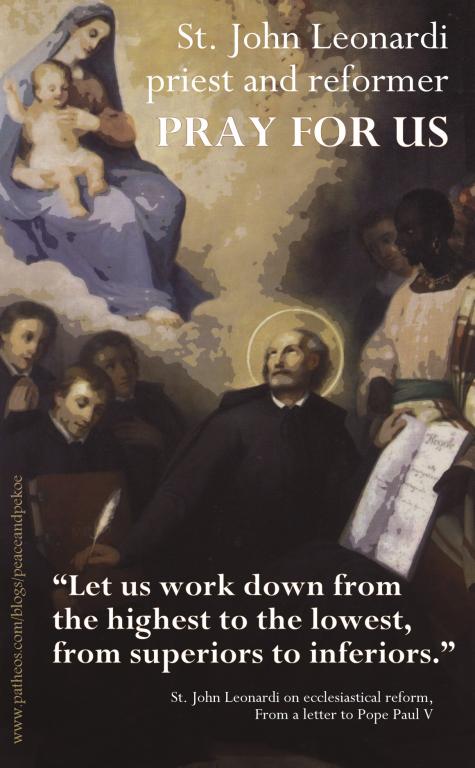So I received a comment on my marriage post that was so bizarre as to make it difficult to tell whether the commenter was attempting satire/reductio ad absurdem of some perceived omission in my own writing, or whether they simply have this skewed a perception of the relationship between individual sanctity and interpersonal solidarity:
You put your finger right on it, Kate. The vows you make are between you and God. Your spouse is just the incidental ham sandwich. That’s why the Church errs fundamentally by insisting that marriage is indissoluble. God makes and unmakes marriages all the time. In relationships as in everything else, we belong exclusively to him. We are his entirely. And he is free to dispose of our marriages and any other precious commodity we cling to. Doesn’t he do just that? Doesn’t he frustrate any attachment we make to people, places and things that are not him? Even marriage. Even spouses. Grace and peace be with you.
I really have no intention of trying to pick that apart and address all of the assumptions and ideas contained therein, mostly because I don’t think I really fully follow this kind of train of thought. There are a few things I do want to address, though.
1) My husband is quite definitely not “just the incidental ham sandwich,” nor do I think that follows from the reasoning in my post. Nor were my wedding vows made exclusively between me and God. I made vows to my husband, before God and the Church, and it is the intense particularity of this which is also the avenue for sanctifying grace: God will sanctify me through my faithfulness to this man and this marriage in a way that is personal and particular to us, and which will differ from the way you are sanctified through living your vows in your marriage.
2) While I feel confident in generalizing from my own experience of God’s saving grace to say that God can transmit grace through the living out of a sacramental marriage, even if that marriage appears broken, I don’t feel very confident that it would be helpful to try to generalize outwards from my own particular experience of marriage to this particular man in any way, since none of you are married to my husband. Figuring out how to live out those graces in our own situations, however easy or difficult, will always be intensely individual and, to some extent, incommunicable.
3) Just to say it again, but somewhat differently: I experience myself as being deeply and particularly called to love of this particular man, my husband. I’ve wrestled with God about this, and I won’t try to tell other women in difficult situations how they should live out their marriages, or whether they have valid marriages, because I don’t think I have answers for any but my own. I have a great deal of peace in the path I’ve chosen.
4) I am not likely to write much about the circumstances, past, future, hopes, hurts, or trials of my own marriage, not only for the reasons given above, but because I do love my husband deeply and have no desire to hurt him publicly, even unintentionally, or to try to tell his story without his consent and assistance.
5) God does call us to detach from anything that might draw us away from him. This is pretty clear in the gospel. That said, in Matthew 19, Christ is also very clear that God’s intention is for marriage to be indissoluble. Rightly ordered, love for one’s spouse and fidelity to marriage vows should be a vehicle for closeness to God, and a channel for God’s grace. I categorically reject the suggestion that God ever “frustrates attachment” by destroying marriages. The idea is abhorrent–but, more especially, it is anti-biblical and unChristian. God is not going to call us to closer union with He who is Love, Fidelity, and Truth by way of a path of hardened hearts, broken vows, and dishonesty.
All of this does creep closer to a question I am interested in writing more about, which is whether it is somehow ‘selfish’ to be primarily concerned with one’s own salvation, and what right relationship with one another–whether in marriage, parenting, or friendship–ought to look like. So, a topic for another time, but I would love to hear any thoughts you all might have!














